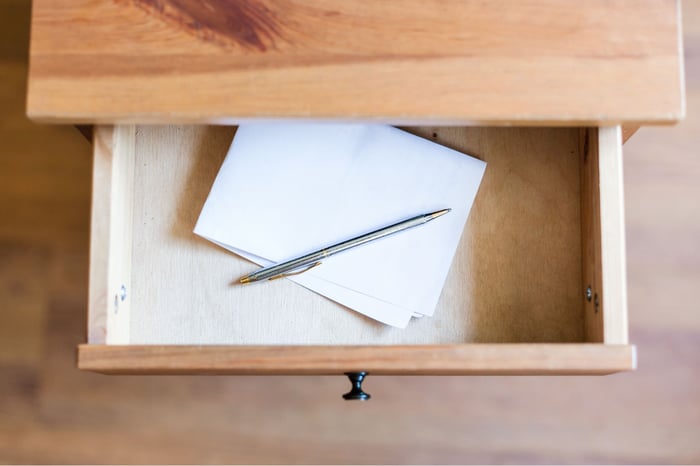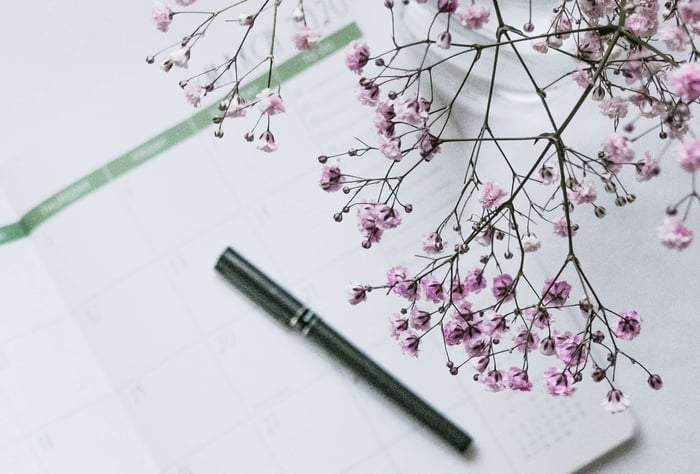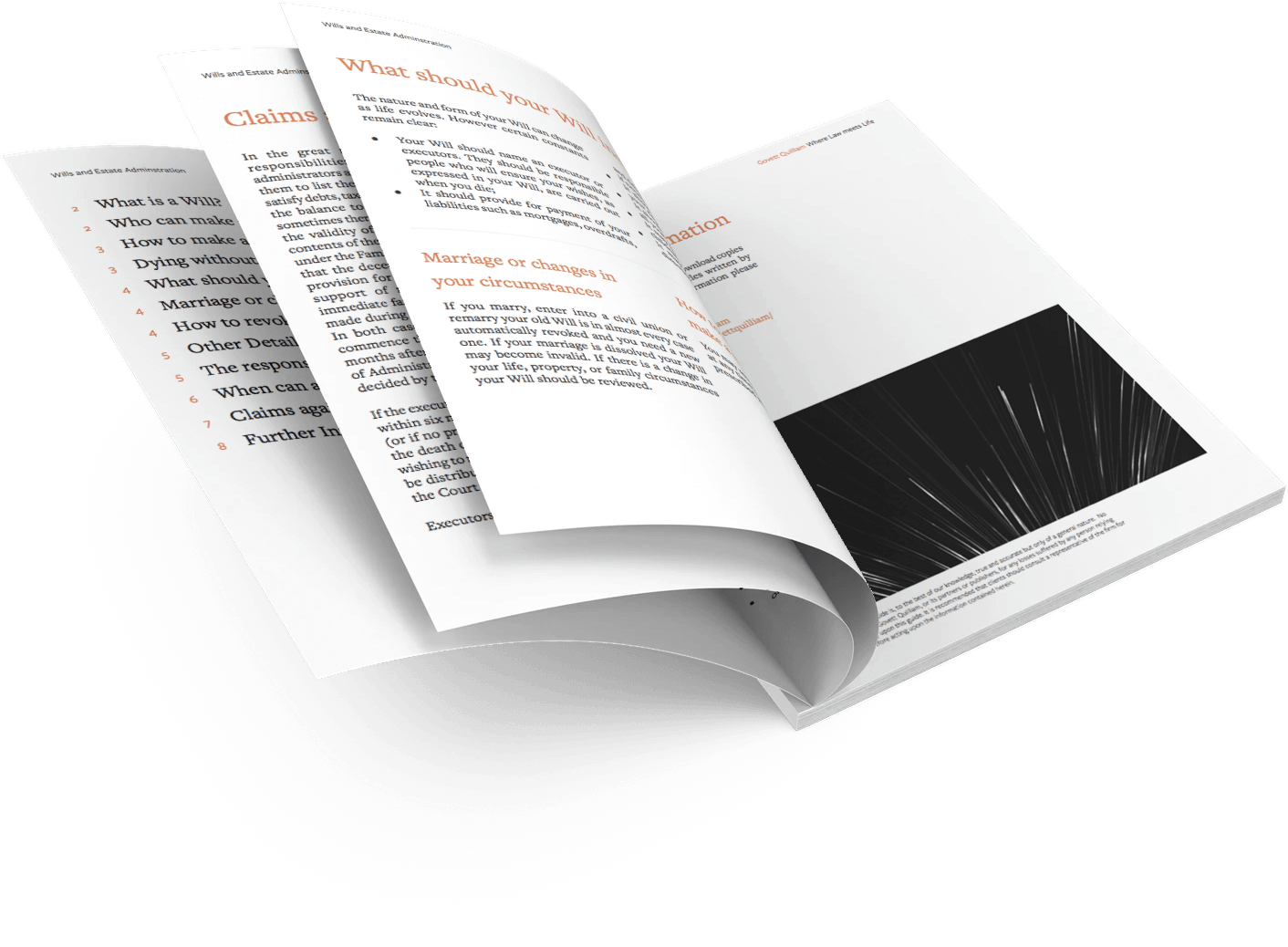Words by Michyla How Thinking about the 'what-ifs' is never easy, but don't make the same gamble I did, believing, "that'll never happen to me".
It’s often assumed that if you don’t have a Will when you die, your assets will simply go to your next of kin.
Proposed tax law changes may increase tax rates for trustees
It has almost been a year since the Act came into force and it is a good time to summarise some of the important provisions and also consider a few implications that have been observed over the last 12 months.
Having enduring powers of attorney (EPAs) and a will in place is important for every adult whatever their age. A will is a legal document that lets you decide how you want your property, care for your dependants (partner, children etc.) and your body to be dealt with after you die. EPAs allow you to appoint a trusted person(s) to make decisions on your behalf regarding your property and health when you are unable to do so yourself, during your lifetime.
It can be difficult to contemplate and plan for the future. Often this is due to lack of time, a rapid changing environment or simply not knowing where to begin. At Govett Quilliam we have developed an expertise via our Personal Planning Team in assisting clients to understand and organise their property and personal affairs to their best advantage.
A 2017 independent survey reported around 1,500 New Zealanders every year die without a Will. Thinking about your own personal mortality can be difficult however, having a Will allows you to have a say about what happens to your assets after you have passed.
Research has shown that only 80% of New Zealanders have heard of Enduring Powers of Attorney (EPAs) and only 15% of those who knew about EPAs actually have one.
Many New Zealanders have embraced the use of trusts as a tool for asset protection and planning. Conservative estimates indicate that there could be between 300,000 to 500,000 trusts currently in our country.










.png)

